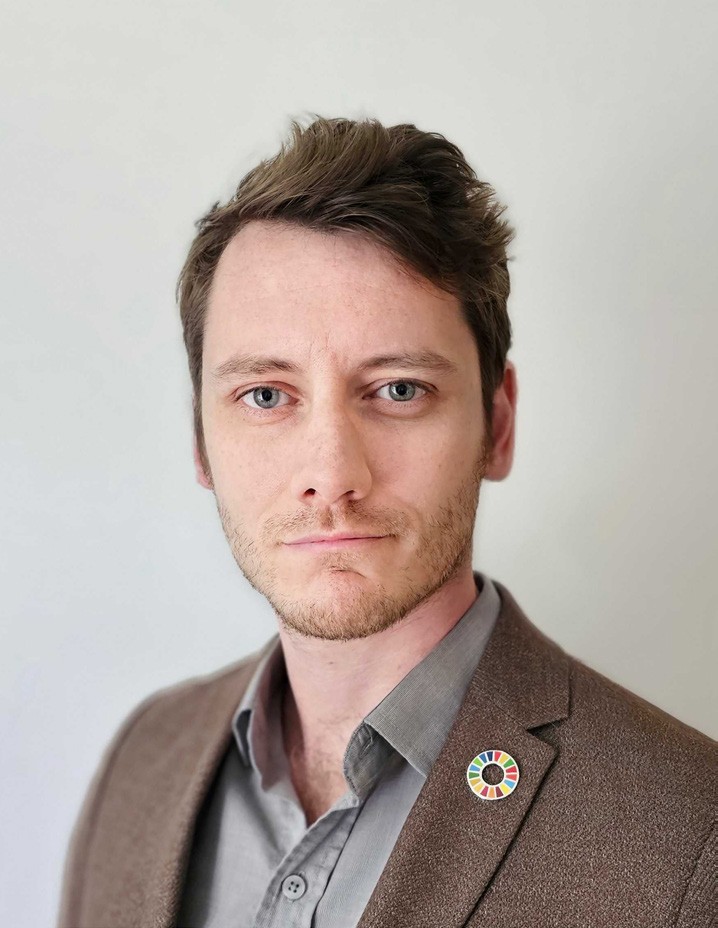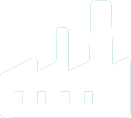Question#1 What was your company’s distinctive strategy for incorporating technology to meet UN Sustainable Development Goal?
bee smart city has always been committed to the SDGs. The creation of our SaaS tool was a way to empower local governments to increase transparency and accountability in their decision-making processes. With a high level of transparency, this helps governments transform into strong, and trustworthy institutions. Whi
le the name of our company, and our primary focus would make bee smart city more in line with SDG 11, we actively try and to incorporate all of the United Nations Sustainability Goals into our business model. With our SaaS toolbox, we enable governments to foster social inclusion and social equity, promote equality, and champion citizen participation.
The tool that we have created allows governments to take huge strides in meeting their KPIs, and by using digitization to make the processes as transparent as possible. In our opinion, that provides a huge leap towards building strong institutions.
Question#2 What challenges did you face while working on your project/ initiative, and how did you overcome them?
The major challenges that we faced in creating our toolbox were the software development process and effectively cataloguing the United Nations SDGs: the categories, dimensions, subdimensions, and measuring KPIs. Digitizing this information in an effective way was difficult, and we are very grateful to our patient and hardworking development team!
On top of the development process, creating an accessible UX and UI that can easily be used by government employees of any IT skill level. Since cross-collaboration is the major foundation of our SaaS toolbox, creating an interface that can easily be used in an obvious and visual way that can incorporate data from all of a City Hall’s departments, an accessible UI was very important.
Of course, our development process involved consultations with many development partners, including cities, thought leaders, and urban professionals. With so many stakeholders and opinions involved, it was a struggle to find practical common ground!
Question#3 How did you involve local communities and stakeholders in your work, and what was their response?
As mentioned before, we had a wide range of stakeholders and experts advising our development process, and since we are actively helping to improve the lives of urban citizens, we asked citizens what they thought of our idea.
City officials from a number of departments really helped with our development process, giving valuable insights into the struggles that local governments were facing. And we’re not talking about the insights from one city, we have gathered information from many cities, including those from other countries. Our solution is more than a small local tool, it can be used internationally for smart towns, cities, regions, and possibly even entire countries in the future.
The response has been incredibly positive. This tool benefits citizens and government officials alike. Local institutions can really benefit from this.
Question#4 Which organizational skills and assets can be harnessed to provide its goods/services without negative environmental and social impacts?
Since our solution is purely a digital SaaS tool, there are no negative environmental or social implications. I suppose, there is the matter of E-Waste and the negative connotations that go with it, but I would say that we hardly contribute towards that.
In fact, our tool actively reduces negative environmental and social impacts by promoting collaboration and measuring environmental KPIs.
Question#5 What is the role of businesses, governments, and civil society in achieving the SDGs, and how can they work together?
Great question. There is no way that we will make any of our Sustainable Development Goals without collaboration between all of the mentioned stakeholders. Businesses, governments, and civil society must work together. This is exactly why we developed our tool. Collaboration is everything, and with our solution, it makes this easy. By linking different departments together, and uniting stakeholders towards a common goal, successfully reaching the SDGs looks less intimidating.
This is how you build strong institutions, and without strong institutions and united stakeholders, our future will indeed be very bleak.
Question#6 What impact has your project had, and what are your future goals?
So far, we’ve managed to inspire a number of cities to work together towards common goals. We have also managed to link cities from other countries together to advise and support one another. Of course, we are only at the start of our journey. After years of successful consultation contracts and knowledge sharing programs, we are taking bee smart city to the next level.
Currently, we are onboarding new cities with our toolbox, and this is inspiring unusual collaborations, such as the development of local “City Labs” and other engagement programs. But again, this is only the beginning. We have big plans in the pipeline; goals that continue to strengthen governments…but perhaps on a larger scale.
Question#7 What advice do you have for individuals/organizations seeking to create positive change and contribute to the SDGs?
Collaborate, collaborate, and collaborate some more. Deadlines are looming, the world is on the precipice of a dangerous tipping point, and we won’t be able to reverse the damage done without working together.
If you’re a start-up or SME, you won’t be able to get your solution out there without the help of other established institutions. And this goes for individuals, small citizen led organizations, and other charities and NGOs.
Anything is possible if we work together, and many large and established business or other institutions are often very happy to help. Don’t be frightened of collaboration. It’s the only way for us to make progress, and it’s easier than you think.
Question#8 How would receiving this SDG Award help you improve your impact and scale your project?
By using the EU Tech Chamber’s network, we would like to inspire more cities and regions to get in touch with us about the potential of our toolbox and how it can help them achieve their goals.
At the moment, we are only a small company, but we already have a large reach and a trustworthy reputation. We are ready to take our toolbox even further and onboard more cities, strengthening them, and creating strong foundations for other citizen programs, to help make the world a better place for all.






















